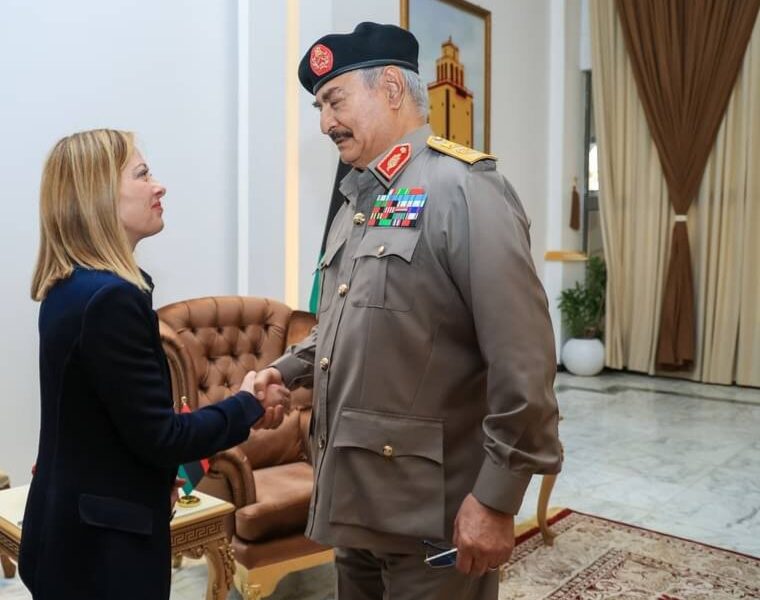Recent developments in Libya have spotlighted Russia’s escalating involvement in the region, indicating Vladimir Putin’s strategic ambitions to expand Moscow’s influence. Through deepening military cooperation with Khalifa Haftar, leader of the eastern-based forces, Russia is making significant geopolitical strides that could reshape the dynamics of the Libyan conflict and the broader regional landscape.
Strengthening Military Collaboration
Russian Deputy Defense Minister Yunus-bek Yevkurov’s visit to Libya on May 31st, culminating in discussions with Haftar in Benghazi, underscores Moscow’s commitment to bolstering the capabilities of Haftar’s forces. This visit underscores Russia’s intent to deepen its engagement and forge strategic alliances with key players in the Libyan conflict.
Fragmented Political Terrain
Libya remains deeply divided between the Government of National Unity (GNU) in Tripoli and Haftar’s administration in the east. Russia’s backing of Haftar aligns with its broader geopolitical objectives, including securing access to Libya’s abundant oil reserves and expanding its strategic foothold in the Mediterranean.
Economic and Strategic Interests
Haftar’s quest for advanced military equipment and training from Russia reflects his ambition to consolidate power and exert control over Libyan territories. In return, Haftar offers Russia access to air bases, positioning Moscow for heightened influence in North Africa. Libya’s strategic location and resource wealth make it a coveted prize in the global power struggle.
Escalating Geopolitical Tensions
Russia’s deepening involvement in Libya has raised alarms among Western powers, particularly the United States and the European Union. The expanding Russian presence in the Mediterranean presents challenges to Western interests and regional stability, intensifying geopolitical rivalries and exacerbating tensions in the region.
Conclusion: Navigating Complex Geopolitics
As Russia expands its footprint in Libya, the geopolitical landscape undergoes a significant shift. The competition between Russia and Western powers underscores the strategic importance of Libya in global geopolitics. It is imperative for the international community to closely monitor developments in Libya and engage in diplomatic initiatives to ease tensions and promote stability in the region.
3.5






